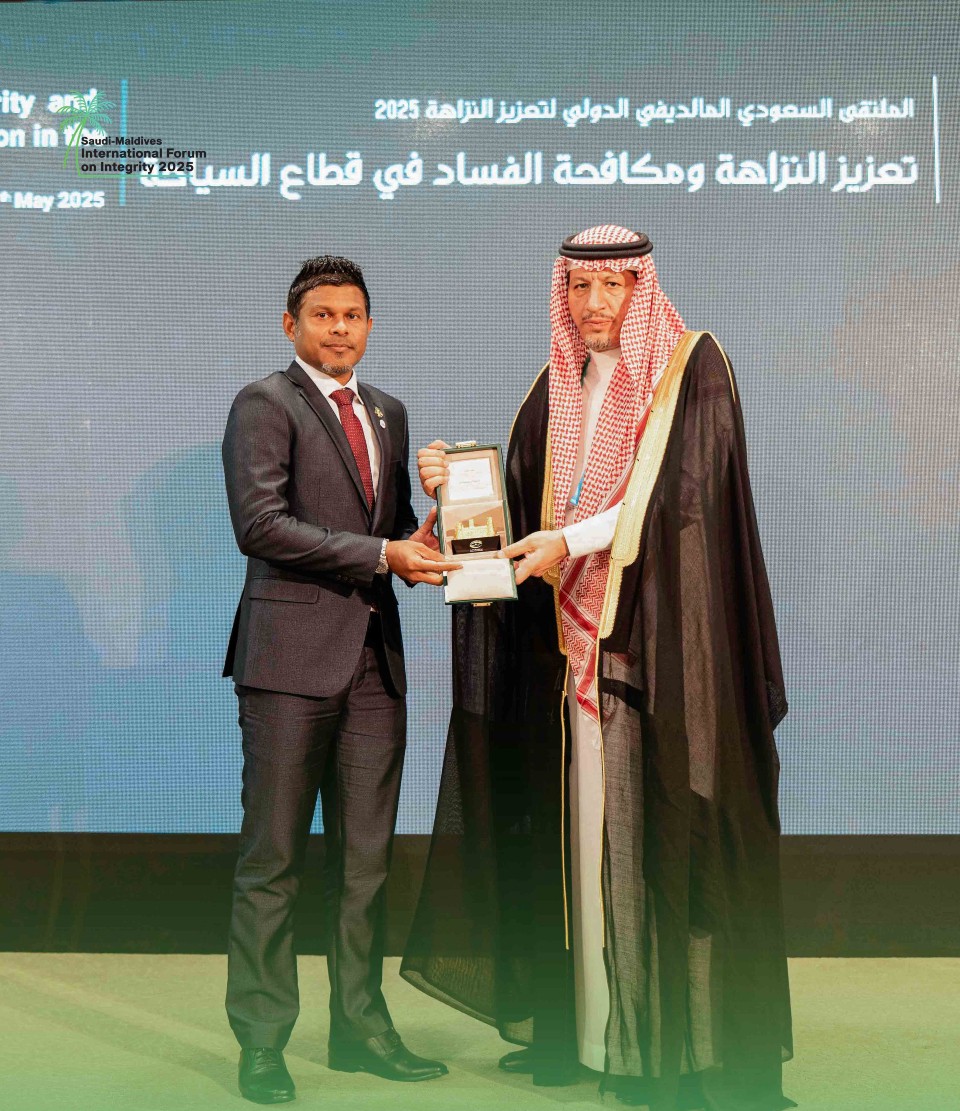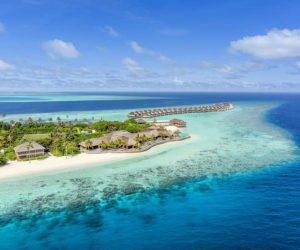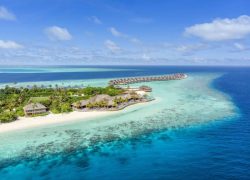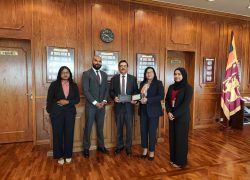Speaking as the chief guest at the opening of the Saudi-Maldives International Forum on Integrity 2025, Vice President of the Republic of Maldives, H.E. Utz. Hussain Mohamed Latheef, emphasised that the fight against corruption is not only a legal responsibility, but a moral obligation essential for safeguarding the rights of every citizen. The forum, jointly organised by the Anti-Corruption Commission (ACC) of the Maldives and Saudi Arabia’s Oversight and Anti-Corruption Authority (Nazaha), brings together over 180 participants from more than 40 member states of the Organisation of Islamic Cooperation (OIC) to explore mechanisms for strengthening integrity within the tourism sector.
Held under the theme “Strengthening Integrity and Combating Corruption in the Tourism Sector”, the Vice President described the forum’s focus as both timely and vital, particularly for countries whose economies are deeply tied to tourism. He noted that in order to preserve public trust, secure investor confidence, and sustain long-term industry growth, integrity and ethical governance must be prioritised across all levels of administration.

Highlighting the Maldives’ reliance on tourism as a central economic pillar, Vice President Latheef stressed that the nation’s reputation as a leading destination depends on its ability to uphold transparency and implement robust anti-corruption frameworks. “Transparency and accountability are essential for sustainability, strengthening global reputation, and fostering long-term growth,” he said.
Vice President Hussain Mohamed Latheef emphasized the vital role of international cooperation in addressing corruption, commending Saudi Arabia’s leadership in promoting integrity across global sectors. He also reaffirmed the enduring friendship and close partnership between the Maldives and the Kingdom of Saudi Arabia, highlighting their shared commitment to strengthening ethical governance and mutual collaboration.
He also called for broader cooperation among governments, the private sector, civil society, and international organisations to support capacity building and drive innovation in governance practices. The Vice President outlined the need for well-structured policies, effective monitoring and enforcement systems, and regular assessments to ensure ethical standards are continuously improved and enforced.
A key part of his address focused on the importance of empowering individuals within institutions. Vice President Latheef advocated for protections for whistleblowers and those who expose misconduct, asserting that systems must be designed so that integrity becomes the norm. He further underlined that anti-corruption agencies must operate independently, be adequately resourced, and remain free from political influence to carry out their mandates effectively.
During the session, H.E. Mazin bin Ibrahim Al-Kahmous, President of Nazaha, presented a token of appreciation to the Vice President in recognition of the strong partnership and shared dedication to enhancing governance and ethical standards between the Maldives and the Kingdom of Saudi Arabia.

The two-day international forum features expert panels and plenary sessions that examine vulnerabilities in regulatory frameworks, procurement systems, and public-private partnerships within the tourism sector. As tourism remains a vital driver of investment and development across the OIC, the forum is expected to produce practical policy recommendations aimed at strengthening institutional transparency and safeguarding economic resilience.
Vice President Latheef’s remarks set the tone for constructive collaboration among OIC member states, reflecting the Maldives’ commitment to promoting integrity as a core value in its governance and economic development strategy.



 advertisment
advertisment




 advertisment
advertisment





